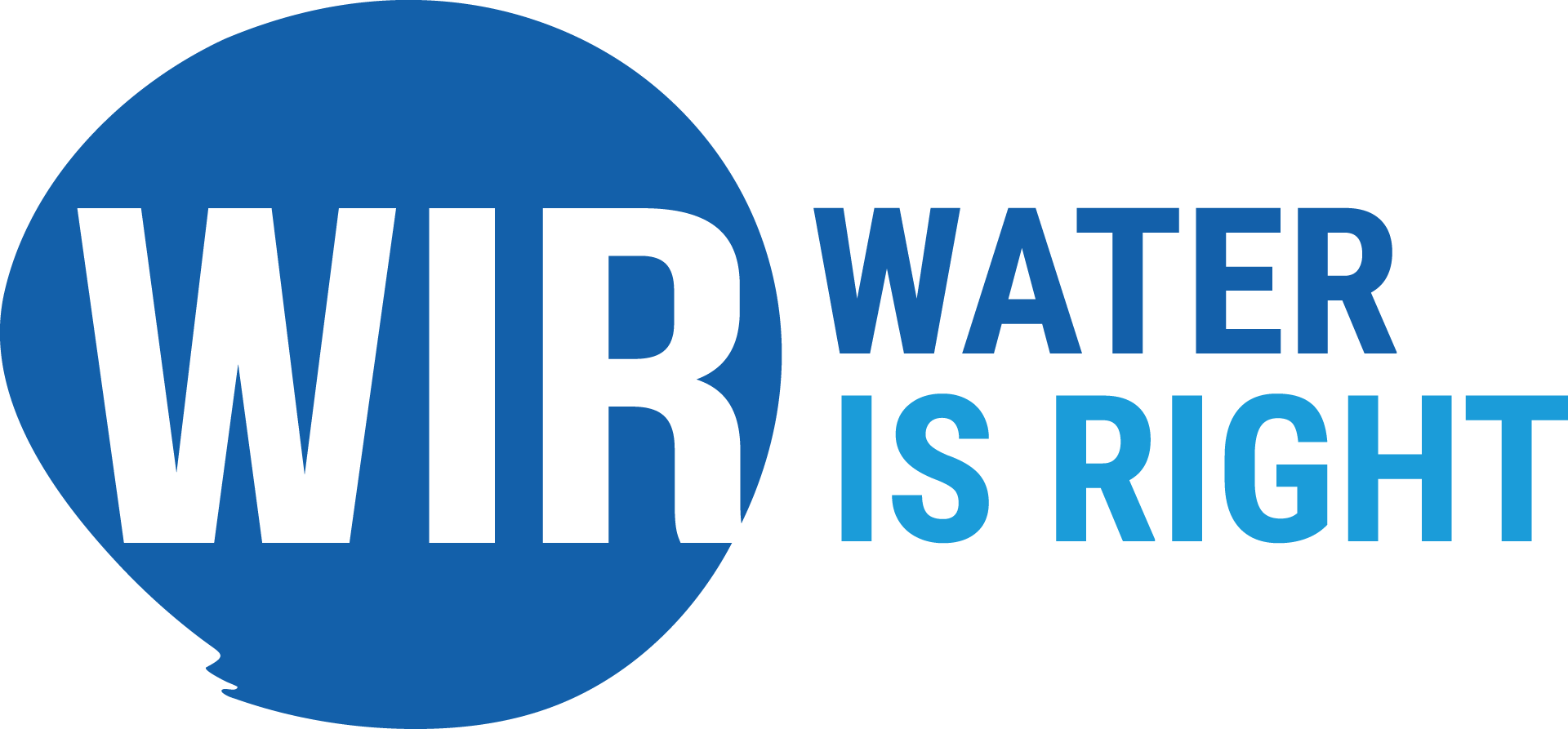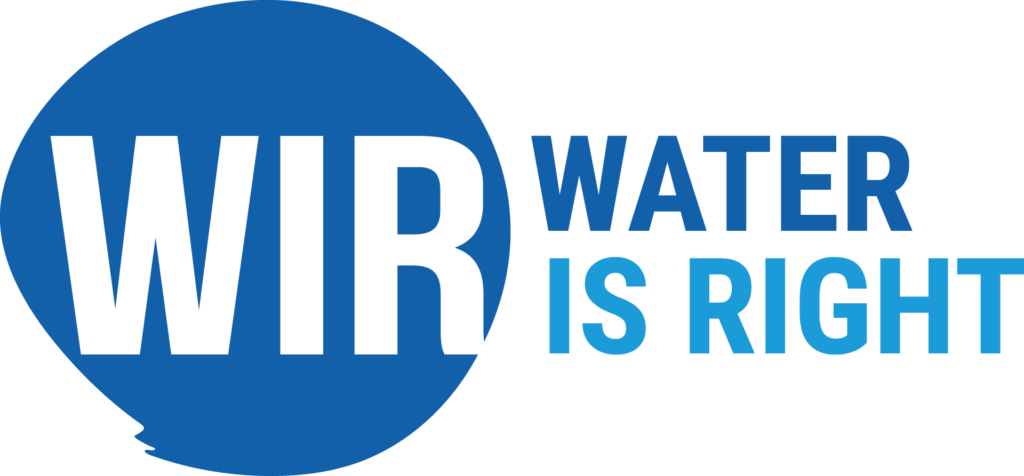The Culture of Maintenance
Solution for sustainable water supply
Through its on-the-ground project work in precarious areas and other regions without access to clean drinking water, the Water Is Right Foundation provides innovative solutions, ensuring that water is locally treated and made available in the required quality—without unnecessary transportation or plastic production. This is achieved, for example, through water treatment plants, in a sustainable and responsible manner.
This underlying mindset, known as the ‘Culture of Maintenance,’ is a guiding principle of the foundation: local professionals are trained on-site to make water management in communities self-sufficient and enable improved hygiene standards. This is achieved through competent guidance from WIR staff who engage with people on the ground at eye level and understand the local culture.
What does Culture of Maintenance mean?
The significance of the ‘Culture of Maintenance’
Amidst the global water crisis, the Water Is Right Foundation has developed a transformative strategy that goes far beyond simply providing water. At the core of this approach lies the ‘Culture of Maintenance’. This concept embeds sustainable water supply within communities by relying on the training of local professionals who can autonomously operate water treatment and management systems. By avoiding unnecessary transportation routes and reducing dependence on external parties, the ‘Culture of Maintenance’ promotes a lasting, self-determined improvement of water infrastructure in disadvantaged areas.
Education and individual responsibility as the foundation
The ‘Culture of Maintenance’ is based on the belief that education and individual responsibility are fundamental elements for sustainability. The Water Is Right Foundation provides intensive training to local professionals in the maintenance and management of water treatment plants. This strategy empowers communities to take control of their water supply systems while promoting higher hygiene standards. By equipping people on the ground with the skills and knowledge to maintain their systems, the foundation ensures sustainable development that can endure for generations.
Collaborative approach and respect for local cultures
An essential aspect of the ‘Culture of Maintenance’ is the respect for and integration of local cultures into project management. Employees of the Water Is Right Foundation work closely with community members, taking into account their traditions and ways of life, thereby creating a trusting basis for the implementation of water projects. This respectful, partnership-based approach fosters local acceptance and engagement, which is crucial for the long-term success of water initiatives.
Sustainability through global and local partnerships
The ‘Culture of Maintenance’ is also strengthened through collaboration with global and local partners. With their assistance, the Water Is Right Foundation incorporates technological expertise, develops adaptable water solutions, and simultaneously promotes local engagement. This interplay of global support and local participation enables the realization and scaling of more comprehensive projects tailored to the specific needs of each community. By combining social responsibility with technical expertise, the ‘Culture of Maintenance’ maximizes its potential to effect lasting change in global water supply.
Let's take an example
Insufficient maintenance has resulted in infrastructure costing €100,000 being unavailable. The manufacturer designed this equipment to have a lifespan of 5 years or 260 weeks. This means that for every week that this equipment is “out of commission,” the organization wastes €385. Since a simple part or cleaning procedure costing less than €50 could have prevented this, the organization missed the opportunity to achieve a return of 769% on their expenditure.
A strong maintenance culture would have predetermined which ongoing efforts and costs are worthwhile to keep this equipment operational at all times. It would have guided leadership and management to proactively establish earmarked financial reserves and set usage fees to generate sufficient funds in the first place.
Unfortunately, a weak maintenance culture often leads to reduced economic productivity due to unavailable equipment. It undermines the morale of employees who cannot simply get their job done, and it does all of this while not providing the expected critical services to the public.
Donate online
Support our valuable projects now and become part of our mission! Every contribution helps provide access to clean drinking water and sanitation facilities for people and regions in need.

